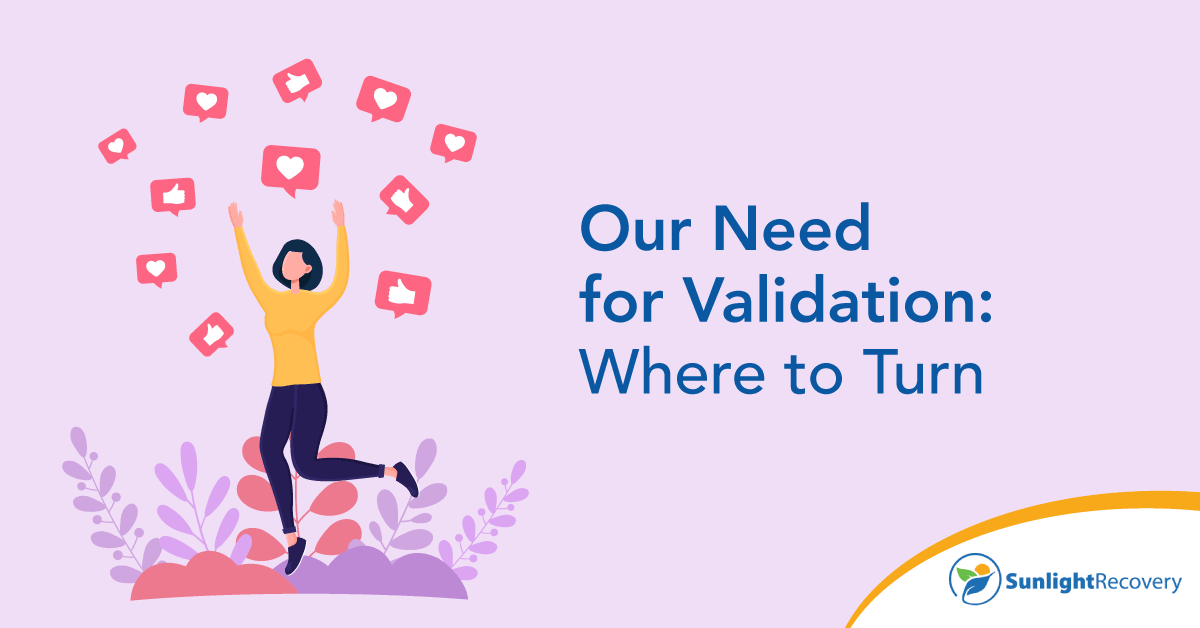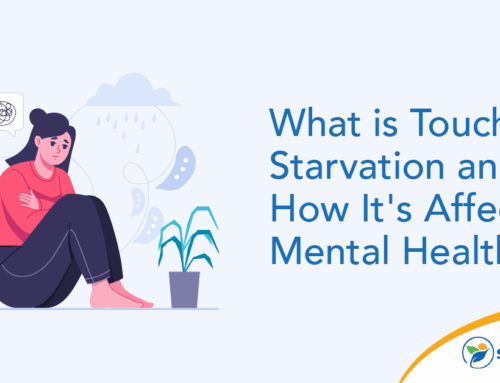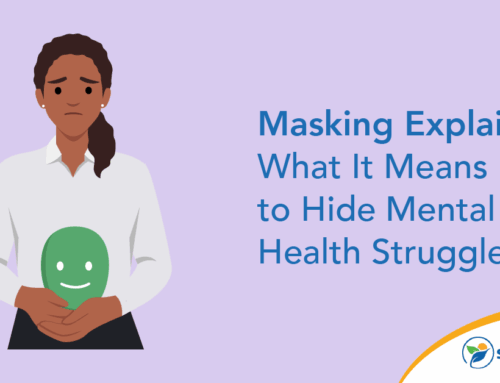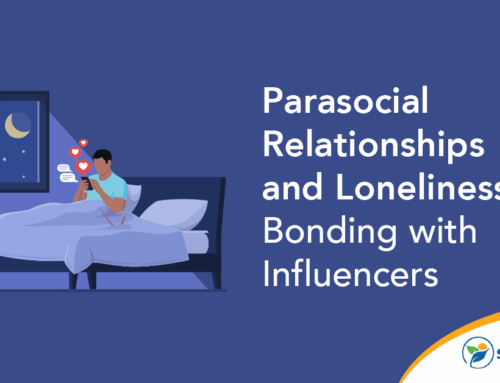Wanting to be seen, heard and valued is fundamental to being human. Everyone wants the reassurance of being recognized and appreciated. When you’re a stay-at-home mom, seeking validation in a world that often overlooks your efforts is challenging. Constantly chasing approval from those around you may cause you to question your worth and impact your well-being. However, you can take steps to find reassurance from within.
Why You’re Seeking Validation From Others
People want to feel valued by those around them. Humans are social beings who naturally look to others for confirmation of the legitimacy of their feelings and experiences. Children look to their parents and teachers for feedback on whether they did “good.” As adults, most people seek external validation in social media, at their employment or from friends and family.
However, there’s a fine line between wanting to feel appreciated and neglecting your needs while seeking external validation. As gratifying as validation from others can feel, the constant need for approval can lead to unhealthy attachment styles and people-pleasing tendencies.
Can a Lack of Validation Lead to Burnout?
Due to the nature of the role, many stay-at-home moms (SAHMs) find it challenging to receive the positive reinforcement they need or may feel like they’re being taken for granted. A 2023 study by Mother Untitled estimates that 68% of SAHMs believe their efforts are unappreciated, while 79% believe few people understand all the work they put into the role.
Daily caregiving routines can often go unnoticed, leading to feelings of isolation, self-doubt and, eventually, SAHM burnout. Without workplace feedback or public praise, you may fall into the trap of sacrificing your well-being to please your family.
Burnout can easily sneak up on you if you’re constantly working on making everyone happy while not receiving the appreciation you deserve. Without validation or a solid support system, stay-at-home moms may question their worth and feel isolated or unsupported. Signs you might be experiencing it include:
- Fatigue. You may feel constantly tired, even after resting.
- Emotional detachment. You find it difficult to connect with your emotions, even during happy or sad moments.
- Physical ailments. You may start experiencing headaches, muscle tension or changes in appetite and sleep patterns with no apparent health concerns.
- Difficulty concentrating. You may find it increasingly challenging to focus, even when completing simple tasks.
- Withdrawal. You start distancing yourself from friends or family because social interactions feel like too much to handle.
- Irritability. You may be easily frustrated by minor things that didn’t bother you before.
Healthy Versus Unhealthy Sources of Validation
It’s perfectly healthy to enjoy receiving appreciation from people close to you. Something simple, such as a compliment from your husband on how well you run the household during the week, can make all your efforts feel worth it. The brain is hardwired to release dopamine, the feel-good chemical, when you receive praise. Validation from people who genuinely care about you, such as friends, family or mentors, can make you feel valued and respected.
However, relying on external validation for all aspects of your self-worth may leave you empty or anxious. Spending too much time on superficial sources of validation, such as social media platforms, can cause feelings of inadequacy. Seeking approval through likes, comments or praise can lead to a never-ending cycle of needing more.
As pleasant as receiving external validation is, you shouldn’t tie your sense of achievement solely to what others think. When you build self-validation, you can find the appreciation you deserve from within while spending less time relying on others’ approval. This is especially important for stay-at-home moms whose roles often go underappreciated.
How to Build Self-Validation
Self-validation is about trusting yourself and acknowledging your emotions are valid, even if others don’t fully understand or agree. While building yourself up is no easy task, prioritizing your needs can increase your confidence and reduce the time spent chasing external approval. Balancing external affirmation with self-validation can help you become more secure and confident in your role. Approval from others is nice, but it’s not a substitute for feeling confident in yourself and your abilities. Here are a few ways to strengthen self-validation:
- Acknowledge your efforts. Give yourself credit for your work, even if it feels routine or goes unnoticed. Start a nightly diary where you write all your achievements, whether handling a tantrum calmly or getting through a tough day. Your efforts deserve recognition.
- Make time for yourself. As a stay-at-home mom, you manage the household and care for the children. Unlike a regular office job, you never “clock out” of parenthood. Don’t be afraid to ask your partner, family members or close friends for help scheduling breaks from your responsibilities. It can be simple, such as making time for a daily walk or just having an hour to take a nice bubble bath.
- Practice self-compassion. Treat yourself with kindness, especially when you make mistakes. You don’t need to be perfect to be worthy of respect and care.
- Challenge self-criticism. Pay attention to inner criticism, and reframe it into positive or neutral thoughts.
- Set personal goals. Setting and achieving goals, whether small tasks or long-term projects, can help you feel more accomplished and in control.
- Practice mindfulness. Stay present in the moment, and recognize your emotions without judgment.
Where to Seek Healthy Validation
Stay-at-home moms can often feel isolated from the rest of the world. Even the most supportive partner may struggle to relate to or understand what you’re experiencing when they spend most of the day working outside the home. Connecting with support groups or friends who truly know what you’re going through might be helpful.
Try reaching out to trusted individuals, whether a family member, a therapist or a group of fellow moms, who can give you the emotional boost you need. Validation doesn’t mean agreeing with everything you feel, but having someone there to listen can make all the difference.
Therapy can be valuable when you’re not receiving the validation you need. A mental health counselor provides a safe space to explore these feelings, helping you develop tools to build stronger self-confidence. They can also guide you in identifying unhealthy patterns in your relationships with others and yourself.
Finding the Right Support
At Sunlight Recovery, we know how important validation is for your well-being. If you struggle to feel heard or understood, we’re here to help. Contact us today to learn about our personalized mental health care plans. Our dedicated team can help empower you to live the life you deserve.







